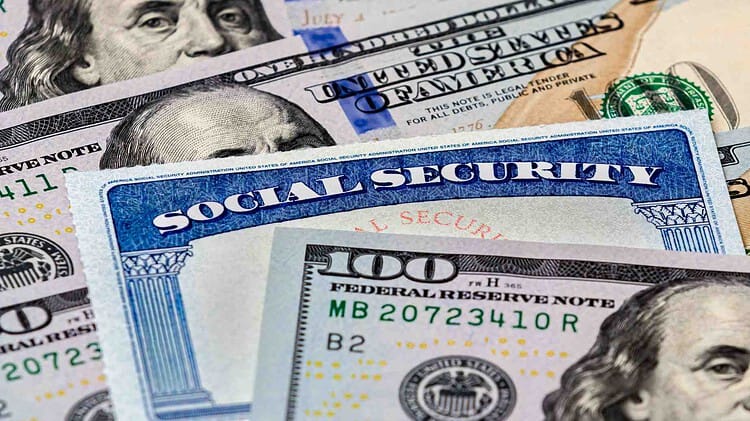How to Easily Receive Social Security Checks Abroad Starting in 2025 (No Hassles!)
Gathering Although some services are only accessible within the United States, Social Security Administration (SSA) data indicates that over 760,000 people receive Social Security benefits annually while residing overseas. This is contrary to the perception that Social Security benefits are exclusively available to those who reside in the United States. Although the regulations governing this are intricate and contingent on numerous variables, you can typically obtain benefits from sources outside of the nation.

Benefits from Social Security outside of the United States
Finding out if you are a citizen is the first step in determining whether you are eligible to receive benefits from sources outside of the United States. If you are, the SSA will classify you as “outside the United States.” If so, the SSA will classify you as “outside the United States” if you spend at least 30 consecutive days outside of one of the 50 states, the District of Columbia, Puerto Rico, the U.S. Virgin Islands, Guam, the Northern Mariana Islands, or American Samoa.
With the significant exclusions of North Korea, Cuba, and several former Soviet republics, you can receive benefits from the majority of nations in the globe. Benefits will be suspended if you reside there until you relocate to a nation where they are available for collection. You are bound by the “totalization agreements” between the United States and 30 other countries if you are a foreign national living abroad.
For people who reside and work in multiple countries during their working life, there are bilateral agreements with significant trading partners to coordinate Social Security coverage and benefit arrangements. They are supposed to be mutually beneficial. Because you might need to fulfill extra residency requirements, the type of benefit will also have a significant impact on your ability to collect. For instance, you might have to reside in the US permanently for five years in order to be eligible for survivor payments. If you leave the country for six months or longer, some benefit payments might be halted; but, if you return for at least a month, they will resume.
Supplemental Security Income (SSI) is the one benefit that is unavailable to anyone outside of the United States and the Northern Mariana Islands. The purpose of SSI, which is income-based, is to enhance the quality of life for the elderly, blind, and crippled. It is seen as an addition to existing Social Security benefits, such as retirement and disability, which are both eligible for overseas collection. You may have your SSI payment terminated and have to reapply once you return to the United States if you receive it as a citizen or as a non-citizen and leave the country for longer than thirty days.
Although this also applies to people who are receiving benefits while they are in the nation, it is particularly crucial for people who live overseas because the SSA’s reach is not as great there. Beneficiaries who live outside of the United States receive questionnaires from the Social Security Administration (SSA) asking about any changes in their status that could affect their benefits, causing them to receive less or more. Updated information regarding any employment you are doing overseas, marriage, death, divorce, changing your address, changing your circumstances, and becoming eligible for a pension not covered by Social Security are a few of the things that you must disclose.Your benefits may eventually be impacted if you don’t disclose any of these changes since an inquiry may find that you have been claiming benefits incorrectly. To avoid any problems, convey any changes as soon as they happen rather than waiting until you receive the survey. You should also make it a personal mission to always fill out the survey by saying that nothing has changed. By doing this, you can be sure that all benefits will be paid on time and correctly.


Comments are closed, but trackbacks and pingbacks are open.